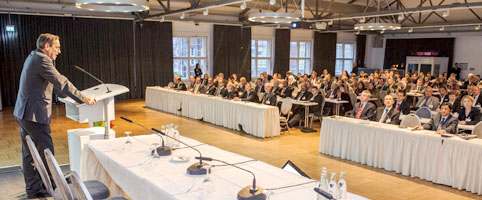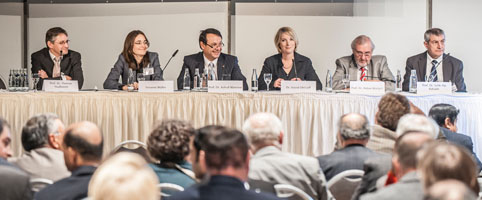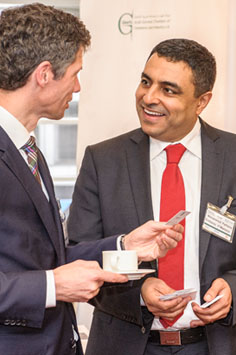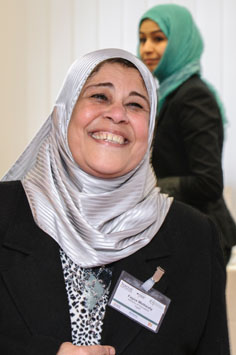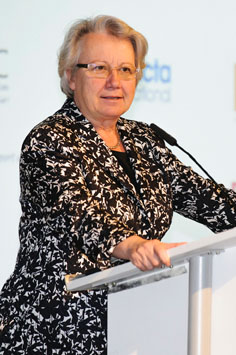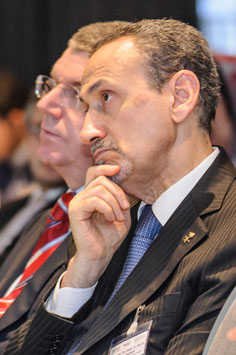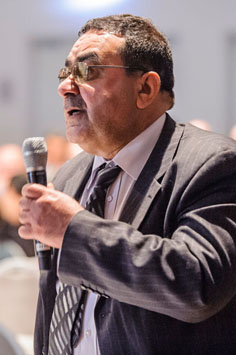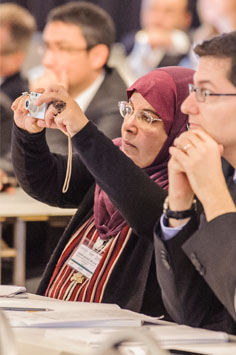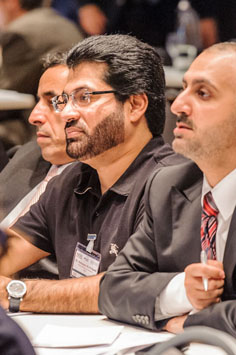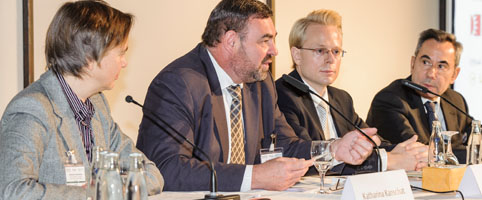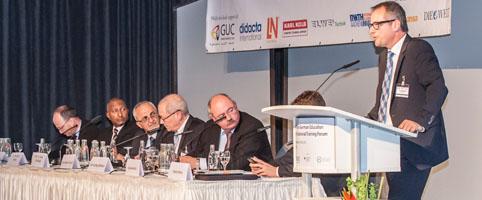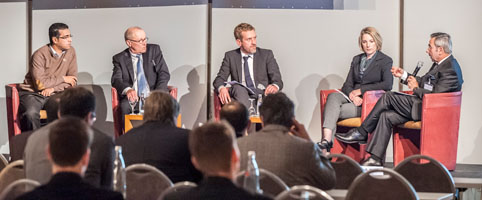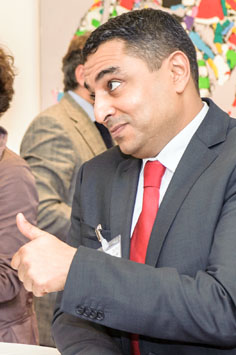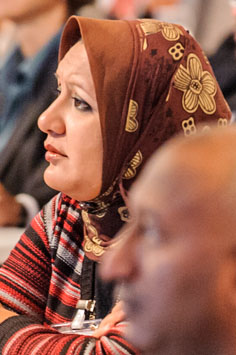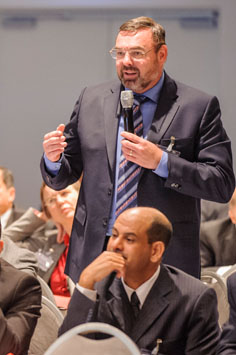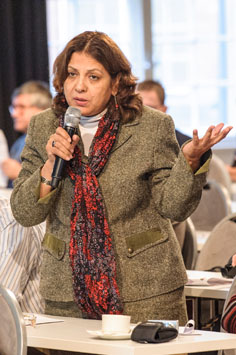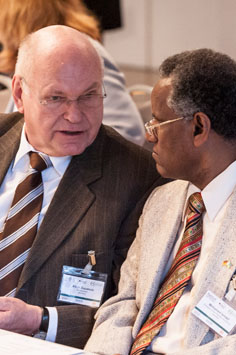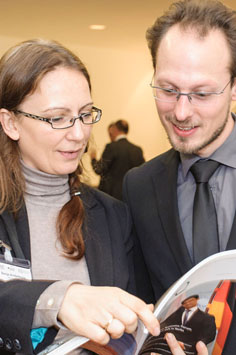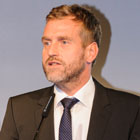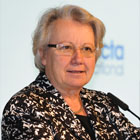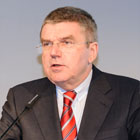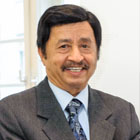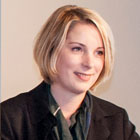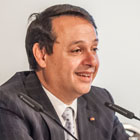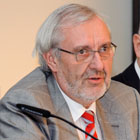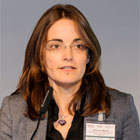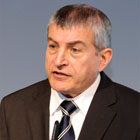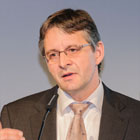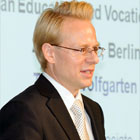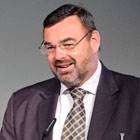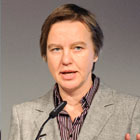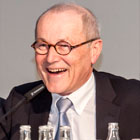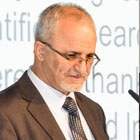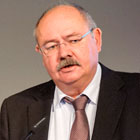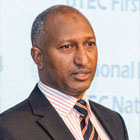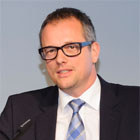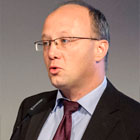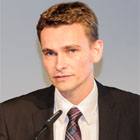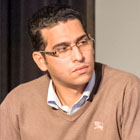Vocational education and training benefits individuals, the economy and society as a whole
In his welcome speech, Markus Milwa, Director of iMOVE, pointed out that with the Education and Vocational Training Forum, the optimal platform had been created in order to spur on German-Arab cooperation in training and education. He also tuned the participants into the following examples of cooperation which, in the course of the forum, made it clear how much movement has already been infused into the exchange.
Ghorfa President Thomas Bach emphasized that training is a crucial future topic for individuals but also represents entire societies. He stressed that German partners in particular can provide the Arab countries with suitable practice and market oriented training offerings.
According to Federal Minister of Education Annette Schavan, education is what writes emancipation and freedom history. The patron of the event showed the connection between education, development and peace. She cautioned her listeners not to lose sight of the future opportunities of the young generation but rather to take an active role with their own actions. For this reason, she campaigned for optimum blending of education and employment systems to create a win-win situation for employees and companies alike with good training.
The Saudi Arabian Ambassador Osama bin Abdul Majed Shobokshi gave a number of examples for already existing German-Arab training partnerships. He stressed in particular the efforts of the Saudi government in the wake of the rapid population growth of 1.5 per cent per year: One fourth of the government's budget for this year, approximate 45 billion dollars is allocated for education and qualification - a top international figure.
Abdulhafed Thabet Noaman, the Yemeni Minister for Vocational Education and Training, expressed his thanks for the assistance provided to his country up to now by Germany. His intention is spur on the establishment and expansion of vocational training centres. Another goal is to gain a greater commitment from the business community for vocational training and continuing education. He is counting on international support, first and foremost from his Arab neighbours.
Reinhold Weiß, Vice-President of the Federal Institute for Vocational Education and Training (BIBB), discussed the significance of vocational education and training in offering important leverage in the integration of young people in the labour market. This would require however, the involvement of companies and political stakeholders. According to him, BIBB's central activities of BIBB include, in addition to developing training careers, international cooperation in vocational education and training with partner countries.
